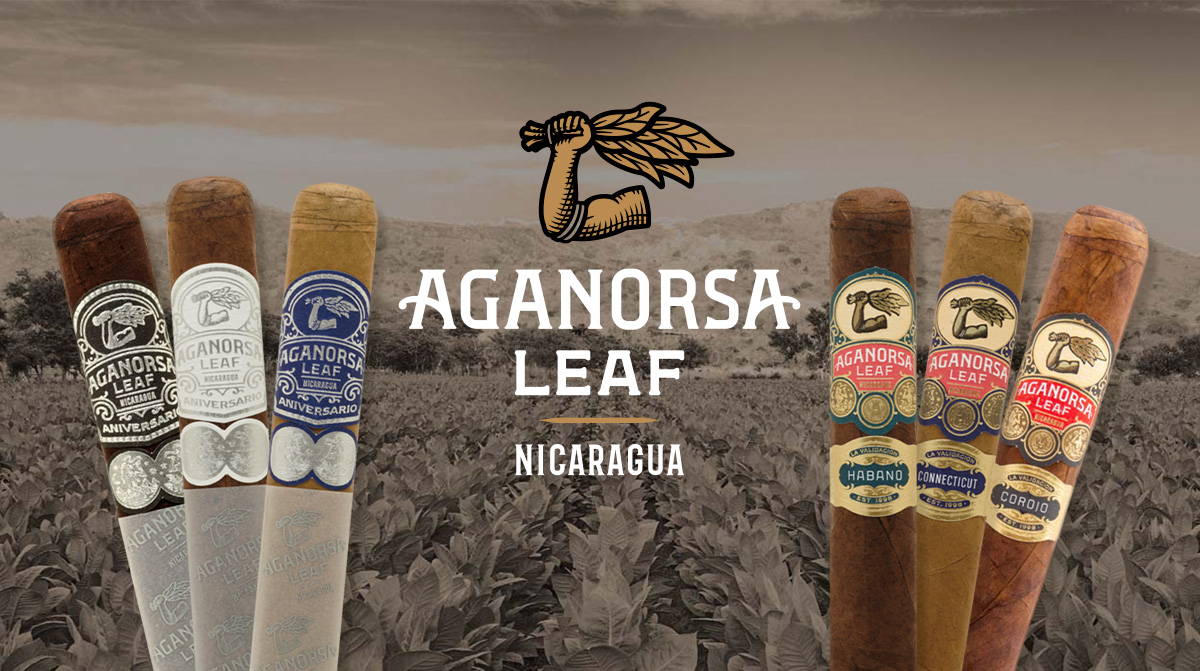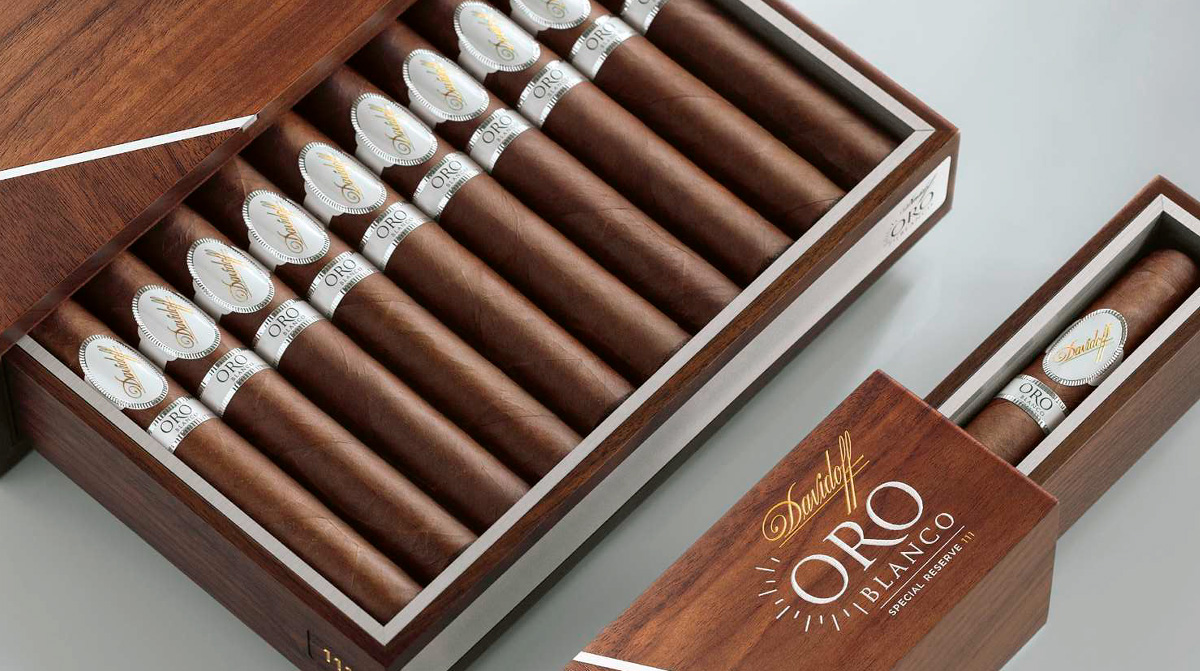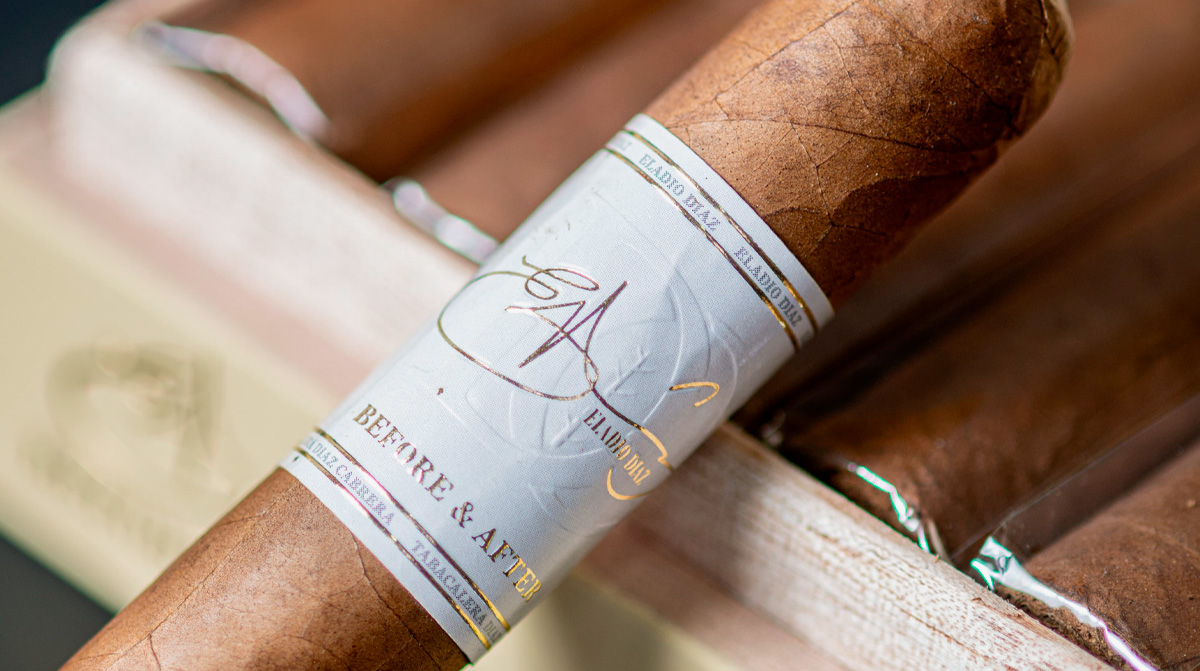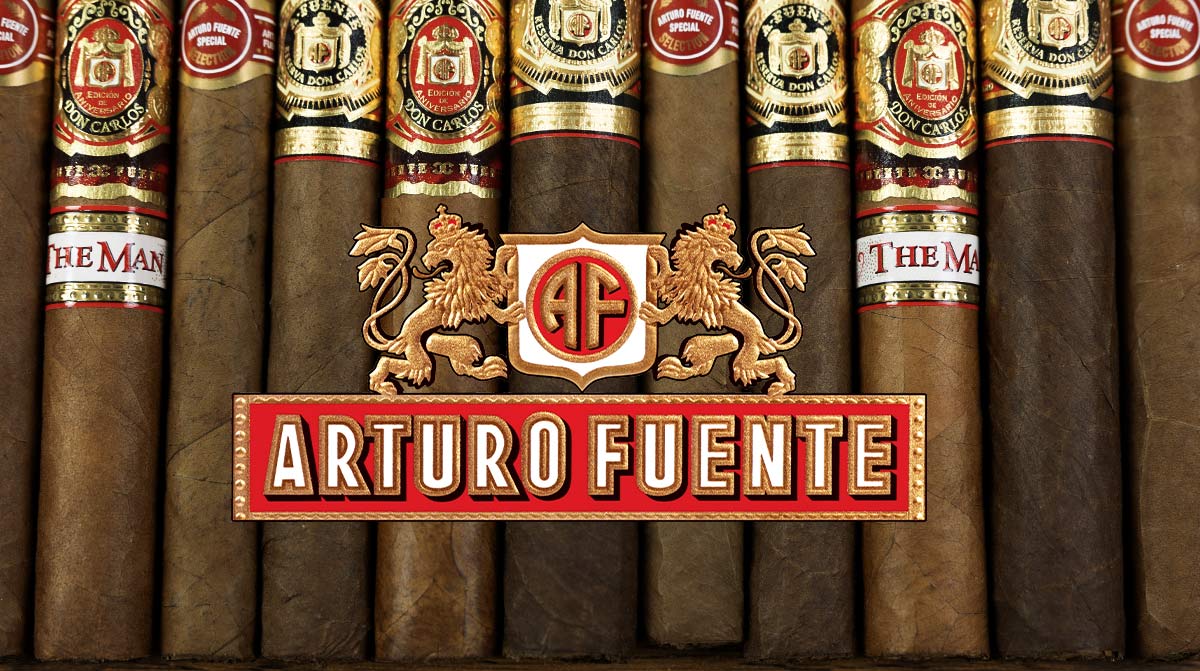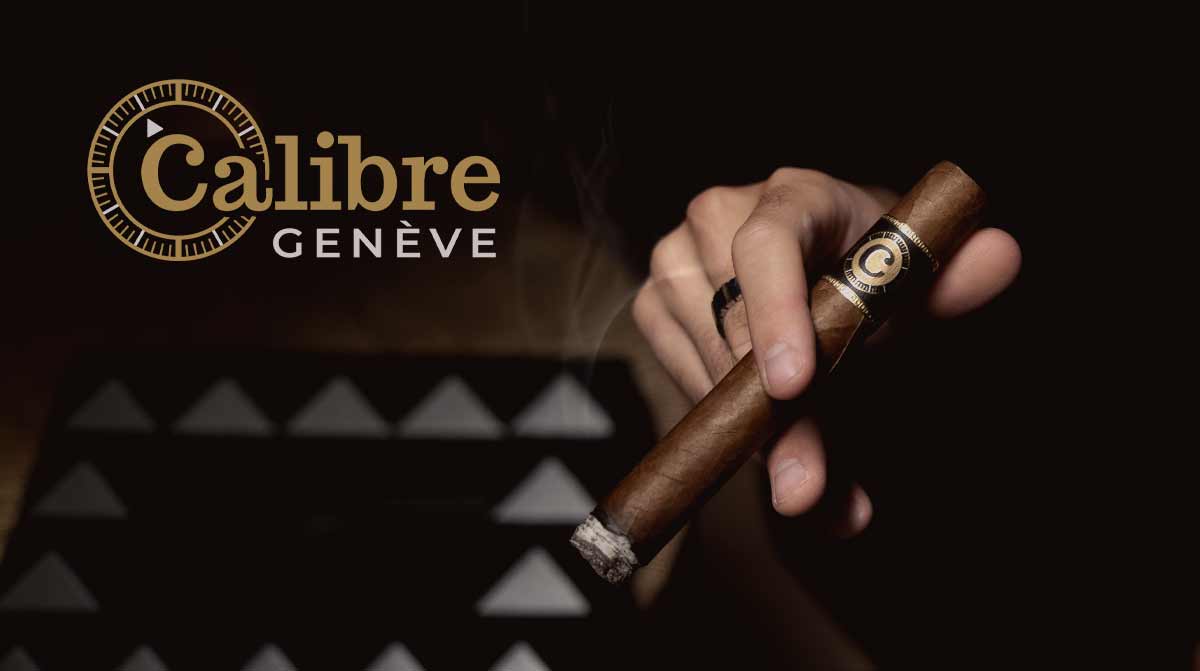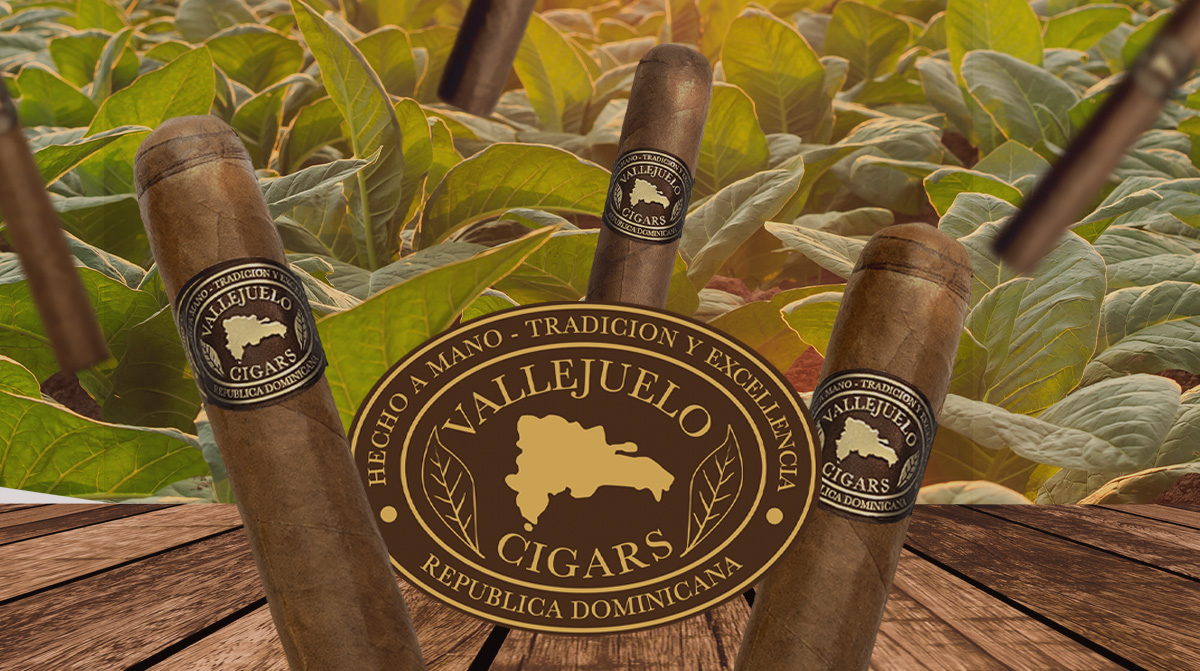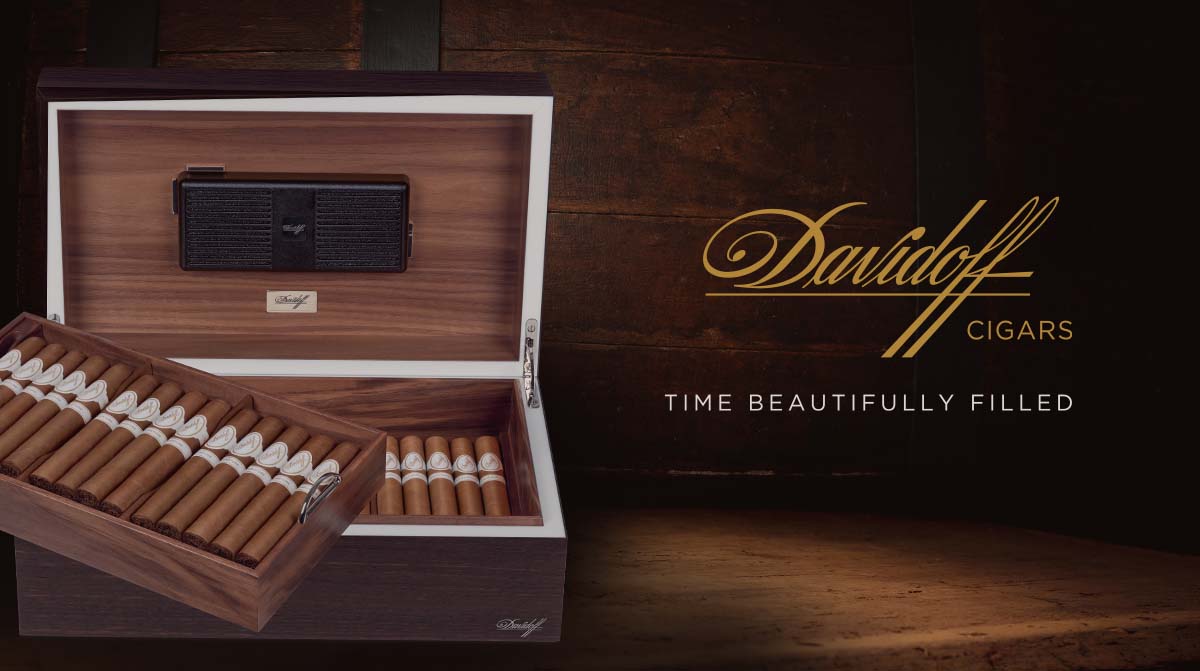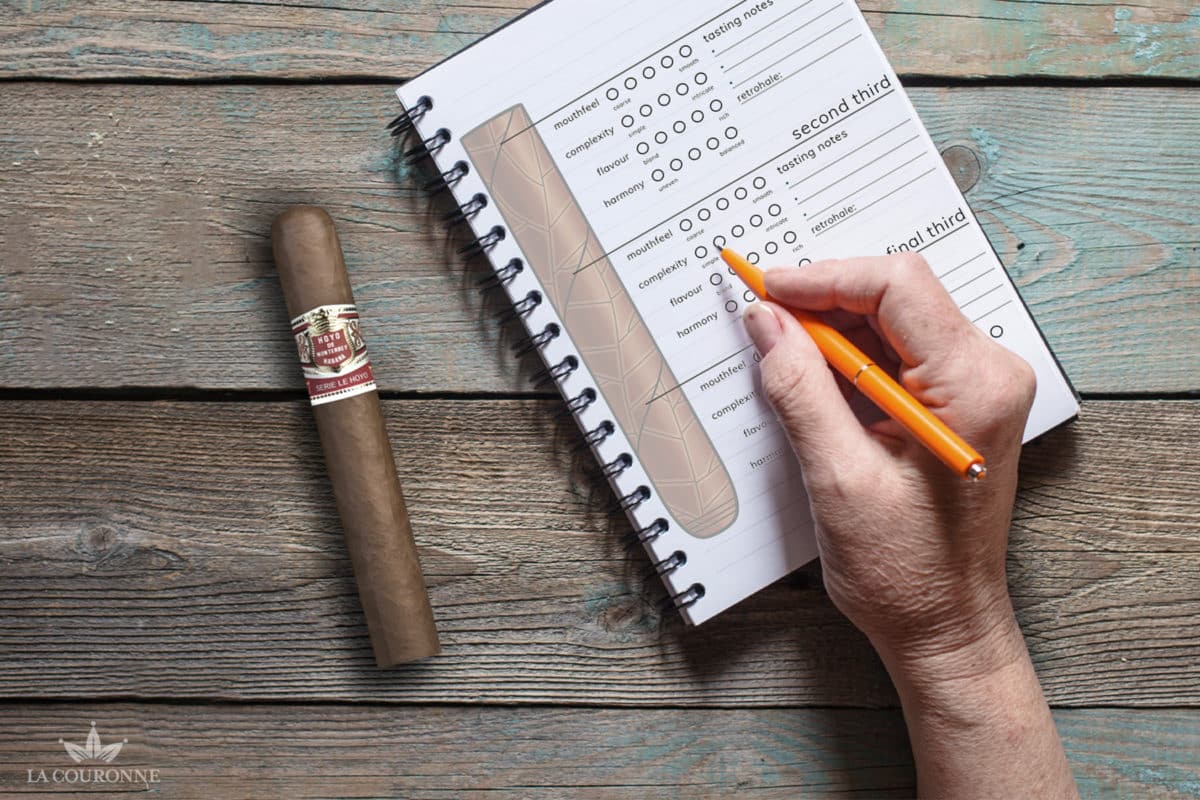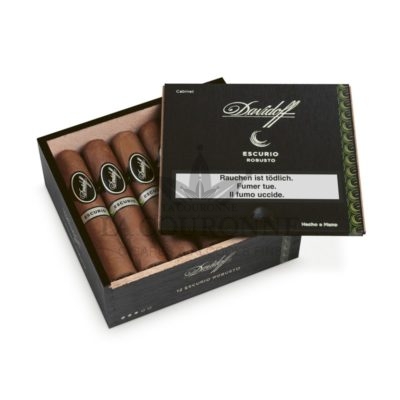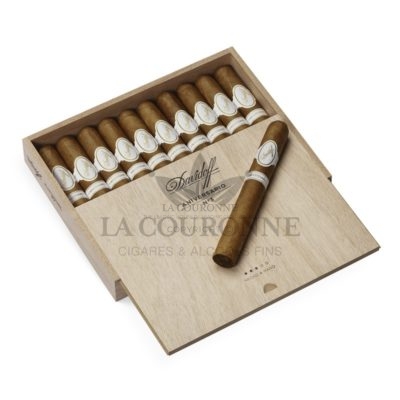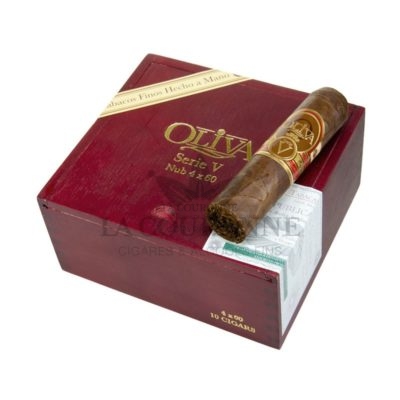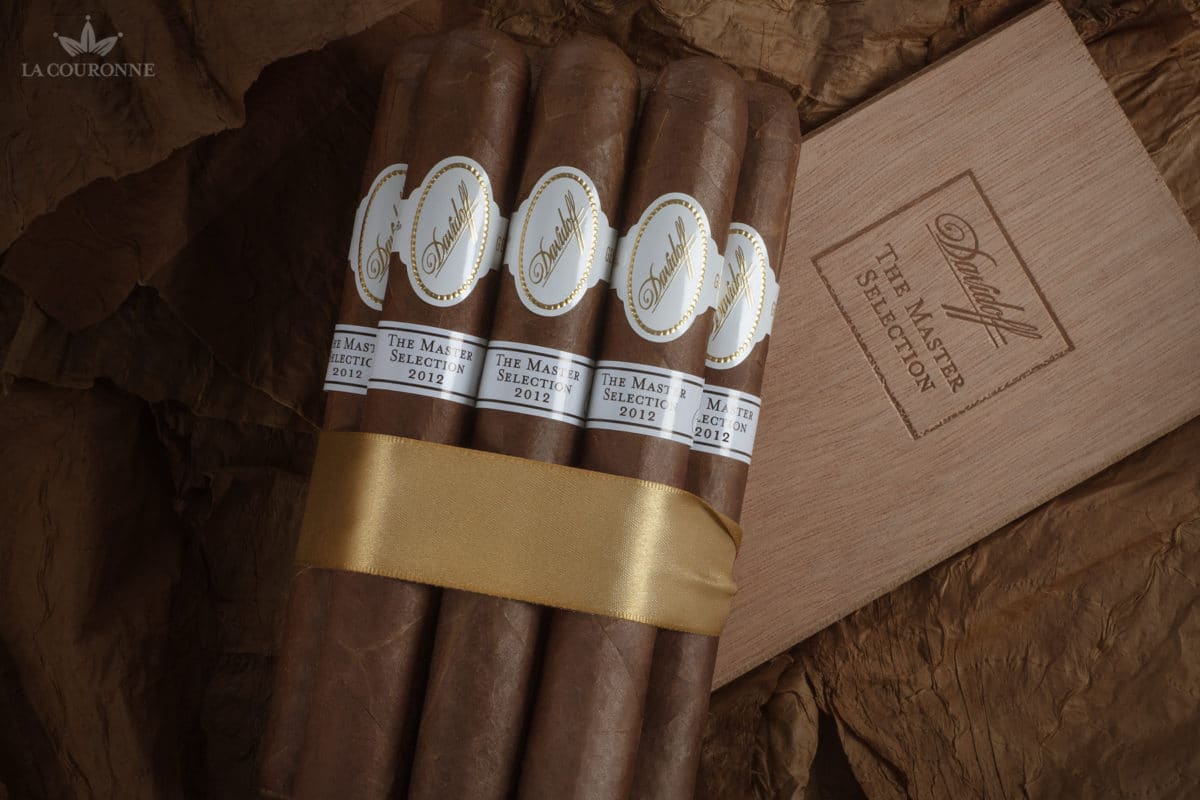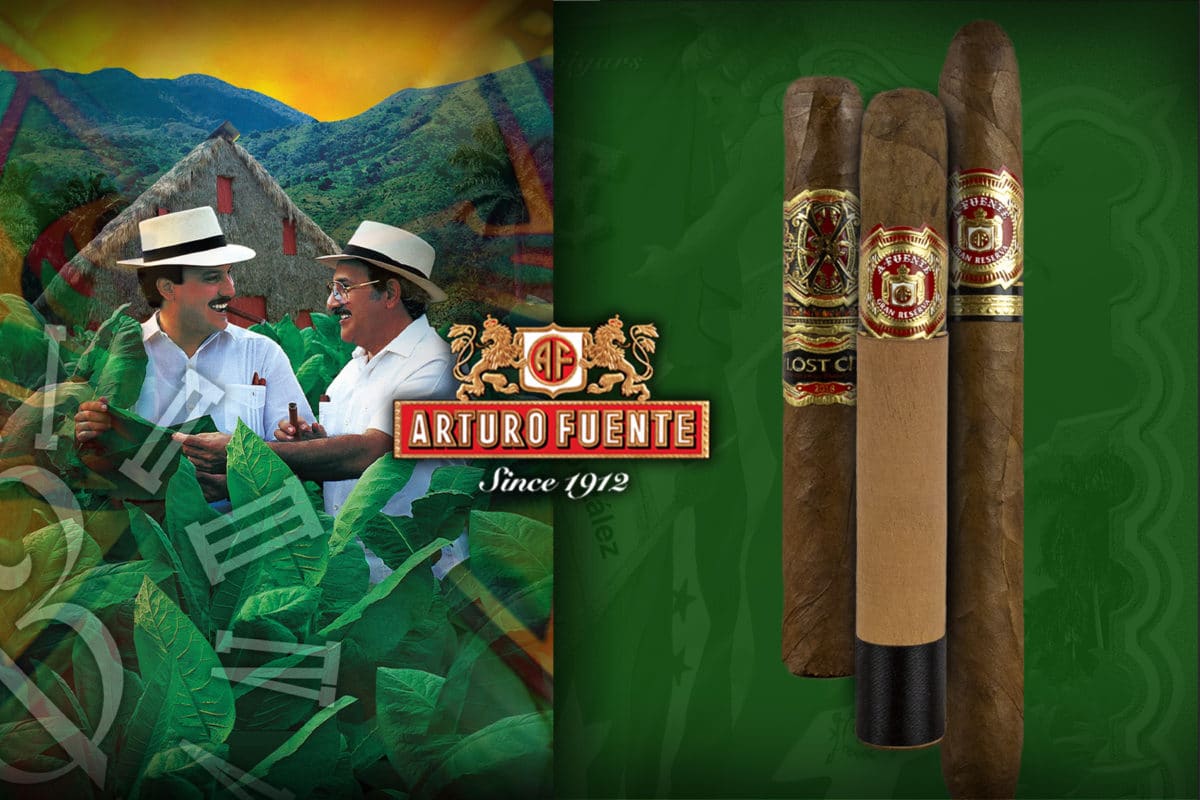Whether you're an amateur or an experienced aficionado, it's a good idea to take notes when tasting your cigars. This not only enables you to carry out a more sophisticated sensory analysis of your vitolas, but also to keep a record of your impressions over time.
Steps to follow when writing your tasting notes
Make a note of all known information about the cigar
This stage is preliminary to tasting. This is where you write down everything you need to know about the cigar. This includes information such as the brand name, the name of the cigar and its production code, the country of production, the composition of the cape, undercape and tripe, the module and its dimensions, the price and the tasting date.
Perform a visual analysis of your cigar
This second step assesses your cigar's appearance from a visual point of view. We start by appealing to your sense of touch and sight. We'll be looking in particular at the color and grain of the wrapper, the quality of the cigar's overall construction and the color of the ash. Don't hesitate to feel your cigar, you'll easily be able to determine the wrapper's texture and the quality of the filling. Is it regular, excessive or sparse? Is the wrapper dry, oily or silky?
Olfactory analysis, in other words: tasting
This third stage involves a number of analytical elements. During tasting, you'll be able to note your cigar's balance, aromatic range and strength.
It's important to consider how the cigar has been stored before tasting. The quality of a vitola can be altered and its taste modified if it has been poorly stored or cared for. So remember to storing your cigars properly by the rule book.
Raw tasting
Start by performing a cold draw on your cigar. This will enable you to note your impressions before lighting: smell, draw and aromas. The cold draw gives you an initial idea of the cigar's composition and blend.
Cigar balance and aromatic panel
Light your cigar properly from all sides and start by noting the cigar's smoke volume, draw and combustion. What we're interested in is whether the cigar is pleasant to smoke, with an easy draw and decent smoke volume, or, on the contrary, too tight.
You will begin to perceive the aromas that emanate from the cigar. This is called "aromatic expression". A cigar may be composed of a single aroma, or a bouquet of aromas, i.e. several distinctive tastes, in which case we speak of simple and complex aromas. The quality of the aromas will be directly felt. Are they very strong in the mouth, clearly discernible or rather discreet? In fact, a vitola can have very expressive aromas without being at all pleasant (a cigar that is far too earthy, for example).
Aromas are classified into different families, so you'll find fruity, floral and spicy cigars... It's up to you to identify the main aromas in greater detail. What type of spice is it? What type of flower? etc.
Finally, when we say that a cigar is balanced, we mean that the different aromas present in the cigar are felt in the same proportion, and that none takes precedence over the other. Balanced cigars offer a blend of flavors that is often pleasant on the palate.
Note that a cigar is composed of three thirds: the hay, the divine and the manure. Each third brings a different sensation to the tasting, so we strongly advise you to note these three parts distinctly from one another. Don't forget to note the duration of your tasting!
The power
There are different degrees of strength. The strength of a cigar is directly influenced by its composition, the type of tobacco and the way in which it has been produced, and more specifically the fermentation the tobacco has undergone. The more fermented the tobacco, the sweeter and more aromatic it will be.
The different power levels are: mild, mild-medium, medium, medium-strong and strong.
Conclusion
The analysis of a cigar is personal and subjective. Feelings and perceptions are unique to each individual, which is why all tastings are different.
Drawing up a tasting sheet for each of your cigars is an excellent exercise in refining your palate and cigar expertise. Eventually, you'll be able to characterize different cigars according to their terroir and composition simply by tasting them. It's also a great way to discover new vitolas with similar characteristics to the cigars you've enjoyed most.
Apart from the fact that cigar analysis is subjective, there are many other factors that influence the appreciation of a module.
1. Time of day
Take into account the time of day you enjoy your cigar: for example, your nose and palate will be fresher and more receptive early in the morning. As the day progresses, your perceptions will change. However, there's no right or wrong time to enjoy a cigar.
2. The palace
Cigars often accompany the end of a meal. However, food and alcohol can influence the way you feel, depending on their intensity.
3. Conservation
Conservation is the sinews of war! If it's too damp, a cigar will be harder to smoke, and if it's too dry, it risks heating up and burning.
4. Cutting
The cut of your cigar is very important. A cigar cut too wide will give you a smoke that's too airy, and the cigar will be consumed more quickly. On the other hand, if the cut is too small, you'll have to pull harder for the same volume of smoke, which will affect the pleasure of the tasting experience.
5. The weather
It's a golden rule for all cigar smokers: if you don't have the time, don't smoke your cigar. Enjoying a cigar is a moment of pleasure, not of haste and tension for lack of time.
The rhythm and intensity at which you smoke have a direct impact on how you experience the cigar's aromas.
